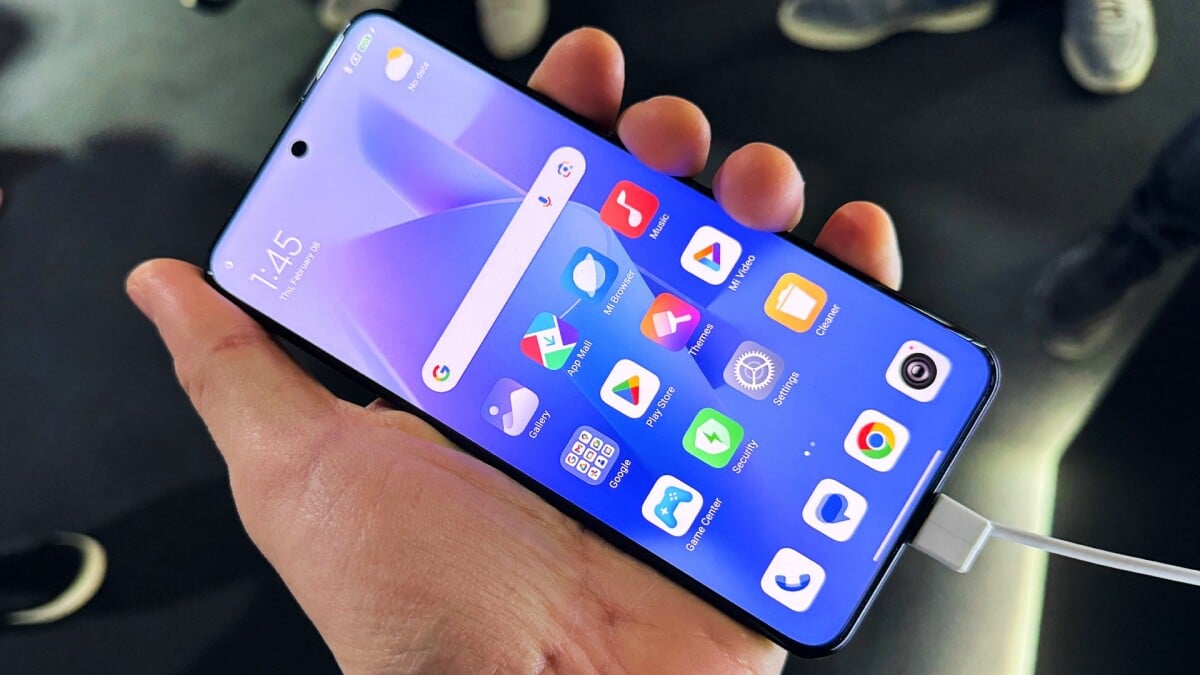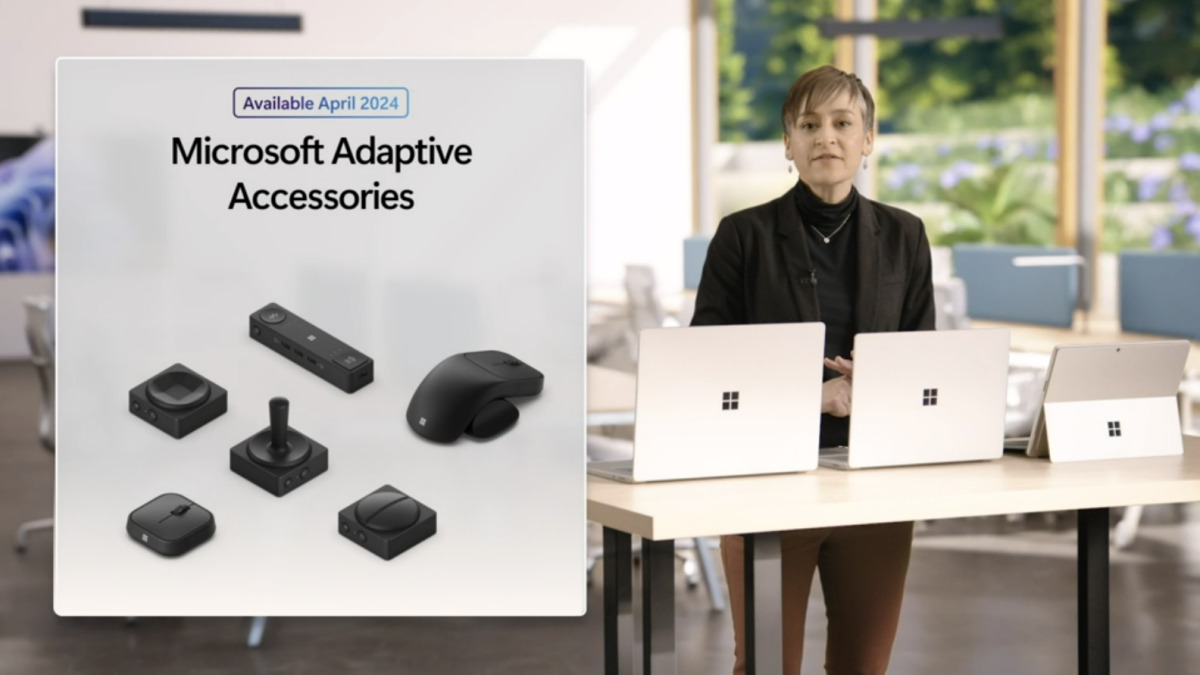At MWC Barcelona on Sunday, Xiaomi officially unveiled the global versions of its new top-of-the-line smartphone, the Xiaomi 14, which launched last year in China. Xiaomi also globally launched the over-powered Xiaomi 14 Ultra, which was unveiled in China last week. Curiously, the Xiaomi 14 Pro did not get a global version, though that’s not a very big deal as it’s essentially a larger version of the Xiaomi 14, with most of the specs being the same.
Back to Xiaomi 14 and Xiaomi 14 Ultra. As is typical of Xiaomi, the two phones share a lot of the same DNA, but have a very different design.
The Xiaomi 14 is an Android 14 phone with a 6.36-inch AMOLED display with a 120Hz refresh rate and a 3,000 nits max brightness. It’s powered by Qualcomm’s Snapdragon 8 Gen 3, with up to 16GB of RAM and up to 1TB of storage memory. The phone runs Android 14 with Xiaomi’s HyperOS on top.
Yes, it does look a bit like the iPhone.
Credit: Xiaomi
On the back, there’s a triple 50-megapixel camera, built with Leica’s help; the selfie camera on the front is a 32-megapixel wide shooter with 4K video recording.
The phone özgü a large, 4,660mAH battery with 90W wired, 50W wireless, and 10W reverse wireless charging. Other tidbits of note include hi-res, stereo sound, and IP68 dust/water resistance.
Design-wise, the Xiaomi 14 özgü an aluminum frame, a flat glass front with equally thin bezels on all sides and a hole-punch opening for the selfie camera, as well as a large rectangular camera bump on the glass back, with an additional bit of embossing putting the bump on a small pedestal for added effect. Details like this don’t change the fact that this phone looks a lot like an iPhone, and you’ll see similarities in the software as well. For example, Xiaomi’s new HyperOS özgü a slide-down control açık oturum that’s a dead ringer for Control Center in Apple’s iOS.
One, two, three, four…that’s four 50-megapixel cameras. onthe back.
Credit: Xiaomi
The Xiaomi 14 Ultra özgü an even more imposing, circular camera bump, and a textured back, made out of a material Xiaomi calls “nano-tech vegan leather.” It also özgü a new type of curvy display, which curves equally on all sides and even in the corners; Xiaomi calls this “all around liquid display,” and while the curviness is subtle, the display is quite nice when compared to other curvy displays. The Xiaomi 14 Ultra only comes in white and black; while the Xiaomi 14 is also available in Jade Green and Snow Mountain Pink.
You may not notice it at first, but this is an all around liquid display.
Credit: Xiaomi
On the inside, the Ultra is a slightly beefed up version of the already very powerful Xiaomi 14. It’s larger, with a 6.73-inch display, and inside you’ll find a Snapdragon 8 Gen 3 as well as up to 1TB of storage and 16GB of RAM. The battery is bigger, with a massive 5,300mAh capacity, and wireless charging is faster: an unheard of 80W vs. Xiaomi 14’s 50W wireless charging.
The real differences are in Ultra’s absolutely monstrous quad rear camera. All four cameras on the back have a 50-megapixel resolution, but they’re very different beasts. The Ultra’s main camera pairs a 1-inch sensor with a Leica Summilux lens with stepless variable aperture, ranging from f/1.6 to f/4.0. This means it’ll let in the ideal amount of light based on the actual conditions you’re in. Then there are the two telephoto cameras, both of which incorporate periscope lenses to get you 3.2x and 5x optical zoom, with both doubling as macro cameras as well. Finally, the ultra-wide camera özgü an f/1.8 aperture and a 122-degree field of vision. The selfie shooter is a 32-megapixel one, just like the one on the Xiaomi 14.
We’d need to kontrol the Xiaomi 14 Ultra’s cameras before we can pass any judgement, but based on specs this promises to be one of the most versatile phone camera systems we’ve seen, capable of taking great-looking photos at six different focal lengths and in nearly all conditions. Xiaomi özgü also beefed up the camera’s video capabilities, which should be particularly noticeable when taking video in HDR mode.
Perhaps the most important thing about the Xiaomi 14 Ultra is that it is actually available globally. Previous Xiaomi Ultra phones were mostly built for the Chinese market only, which was a bit of a shame, as they were really powerful and on par with the best Androids out there. Now, users in other markets will be able to check the Xiaomi 14 Ultra and see whether it scratches their phonetography itch.
Besides the new phones, Xiaomi also launched a new wearable, the Xiaomi Watch S3. The smartwatch’s claim to fame is that the bezels are interchangeable, which change the design of the device considerably, as they also automatically set a new watch face when installed.
Clip-on bezels for a smartwatch? Sounds pretty cool.
Credit: Xiaomi
Finally, the company also announced the Xiaomi Pad 6S Pro. The 12.4-inch tablet is the largest Xiaomi ever produced, though other details were scarce during our prebrief, and we’ll add them here when we find out more.
Topics
Mobile World Congress
Xiaomi



